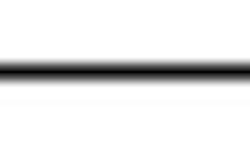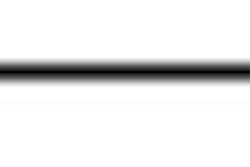Bangkok, Thailand--March 18--Despite the prolonged political protests, Thailand remains an appealing market for Japanese auto parts makers.
Suttisak Wilanan, project director at exhibition organiser Reed Tradex, said several of them still want to expand their high-technology production to Thailand, which is undoubtedly Asean's automotive hub.
The Japanese government is also giving full support to its small and medium-sized enterprises (SMEs) to explore outbound investment, he said.
Mr Suttiak said Japanese SMEs' investment covered both the establishment of wholly-owned subsidiaries and joint ventures with Thai manufacturers.
He cited a report by the Customs Department that revealed that Thailand's import values of mould and die production machinery rose by 11 percent in January to 1.43 billion baht, which indicated an uptrend in new investment and expansion in the auto parts market.
Last year, the import value dropped 12.6 percent year-on-year to 15.6 billion baht as demand from automakers and domestic car sales shrank.
"Thailand still remains the first choice for Japanese automotive investors," he said.
"Compared with automobile production in Indonesia, Thailand still boasts positive facilities of auto parts chain, logistics transportation and automobile production."
Last week, Reed Tradex organized roadshows in Tokyo, Nakano and Sanjo to convince Japanese automotive manufacturers to participate in its Manufacturing Expo 2014, to be held at the Bangkok International Trade and Exhibition Centre from June 19-22.
There are about 1,800 auto parts manufacturers operating in Thailand, 709 of which are original-equipment manufacturers.
Mr Suttisak added auto parts made in Thailand are second to none in Asean, with foreign automakers in Thailand counting on locally-made parts of up to 80 to 90 percent for pick-up truck production and 70 percent for passenger cars.
All motorcycle parts are made in Thailand.
According to SCB Economic Intelligence Centre (SCB EIC), a research unit of Siam Commercial Bank, aggressive competition in Japan and attractive factors in the Thai automotive industry have led Japanese auto part SMEs to establish their production lines in Thailand.
Penetration by Japanese firms will increase competition in the auto parts industry since Japanese companies enjoy a competitive edge in controlling production costs due to larger operations and more advanced technologies.
According to the Board of Investment, direct investment from Japan totalled 136 billion baht in 2012, up from 48 billion in 2011 and 19 billion in 2010.
SCB EIC suggests Thai parts makers should not overlook joint venture opportunities with potential partners from overseas countries.
Copyright 2014 - Bangkok Post, Thailand


















